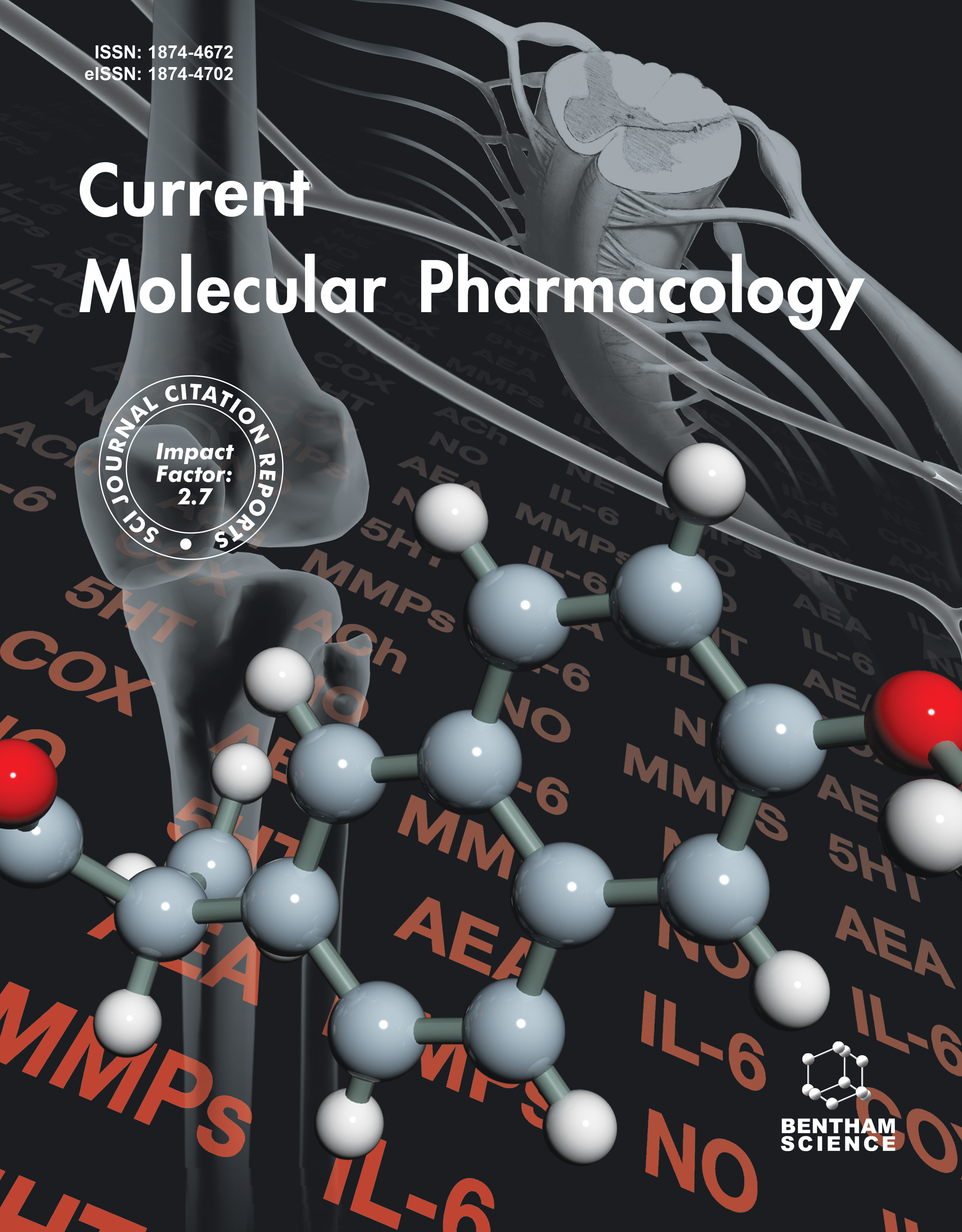-
s Base Excision Repair Factors are Promising Prognostic and Predictive Markers in Cancer
- Source: Current Molecular Pharmacology, Volume 5, Issue 1, Jan 2012, p. 115 - 124
-
- 01 Jan 2012
Abstract
The cytotoxicity of both chemotherapy and radiotherapy is to a large extent directly related to their ability to induce DNA damage. The ability of cancer cells to recognise and repair this damage contributes to therapeutic resistance. Sub-optimal DNA repair in normal tissue may impair normal tissue tolerance. Inter-individual differences in DNA repair pathways may also influence the natural history and progression of cancer and hence prognosis. The base excision repair (BER) pathway has evolved to repair base damage induced by endogenous and exogenous base targeting agents. Polymorphic variants of genes, mRNA expression and alterations in protein expression within BER, may alter DNA repair capacity and influence both cancer progression and clinical responses to chemotherapy and radiotherapy. We discuss the role of BER genes as potential predictive and prognostic markers in human cancer and review the current state of play within this field.


